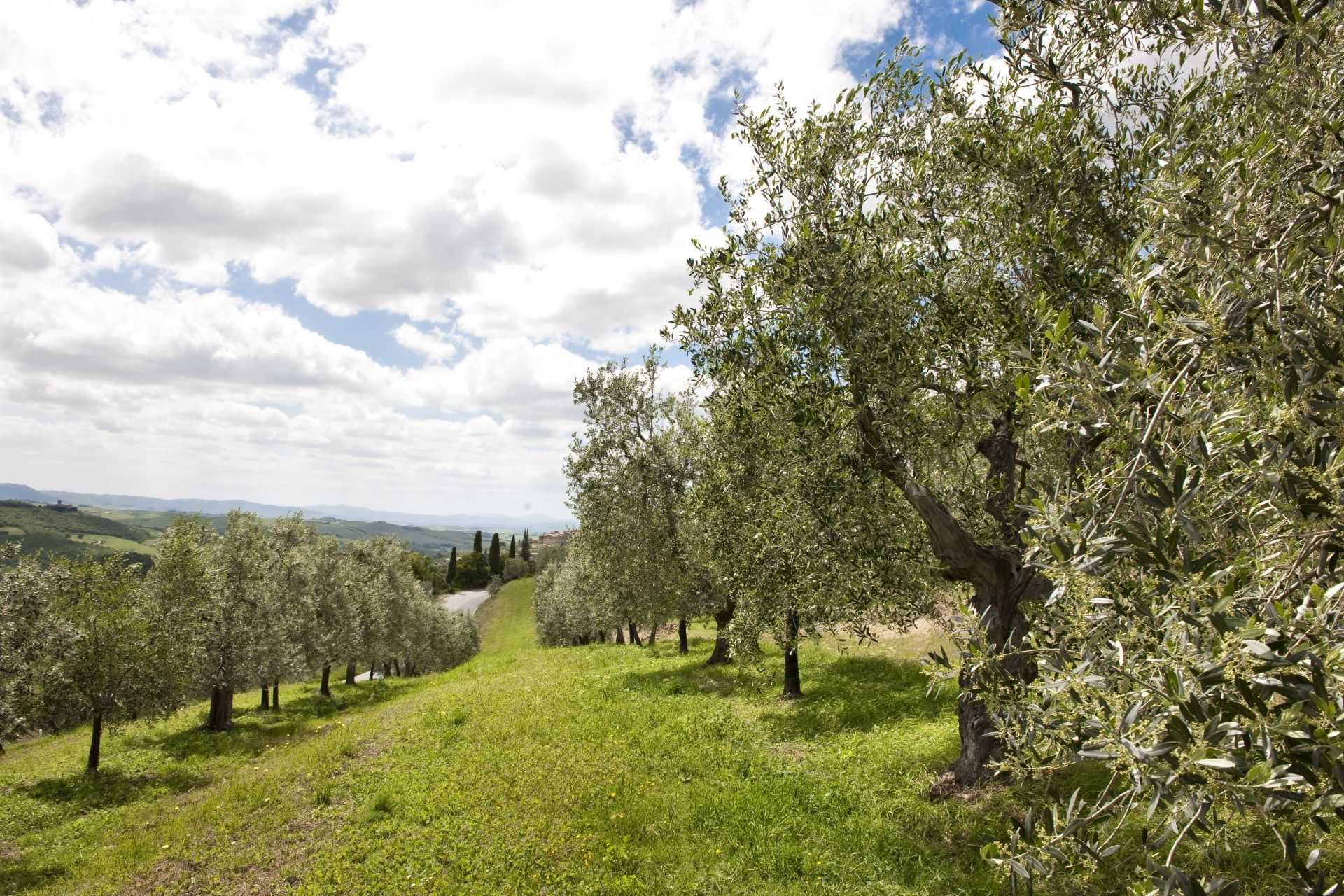Exports of Italian extra virgin olive oils with a Protected Designation of Origin (PDO or DOP) and Protected Geographical Indicator (PGI or IGP) increased by 55 percent over the last five years, rising from €40 to €62 million.
Annual consumption of oils with protected geographical indications in Italy also increased by 28 percent, reaching almost €150 million.
We aim to increase quality production and preserve our great heritage of olive varieties, which is a flagship for our country.
These are the results of an analysis conducted by the national consortium of olive growers, Italia Olivicola, using data provided by leading entities of the olive oil sector and various government organizations.
See Also:Europe Launches Comprehensive Database of Geographical IndicationsThe survey also showed that the production of Italian PDOs and PGIs increased from less than 10,000 tons in 2015 to more than 13,000 tons in 2020, of which almost 45 percent is exported.
Accounting for five percent of the total volumes of extra virgin olive oil made in Italy, the major producers are Terra di Bari PDO with 5,000 tons per year, Toscano PGI with 2,500 tons, and Val di Mazara PDO with 1,200 tons.
There are 42 PDOs and seven PGIs in Italy, including the Olio di Roma PGI, which is in the process of being recognized. Italy represents 40 percent of Europe’s geographical indications for extra virgin olive oil.

Olive groves in Tuscany
“We aim to increase quality production and preserve our great heritage of olive varieties, which is a flagship for our country,” said the president of Italia Olivicola, Fabrizio Pini. “Using the Italian PDO and PGI extra virgin olive oils is a unique taste experience, thanks to their countless sensorial features to be discovered and combined with food.”
As the demand for geographical indications increases, so do their quality production standards. Recently, the management board of the Toscano PGI Consortium established that the time limit for milling the product intended for certification is December 10, when previously the specification of the PGI provided that the end date for milling should be decided by the board on a yearly basis, including derogations for late harvest.
“This is a choice that looks at the responsibility of producers and at a changing market, where consumers are increasingly looking for quality,” the communication and marketing manager of the Toscano PGI, Christian Sbardella, told Olive Oil Times. “They are more and more aware, having the need to know and recognize the origin of the products, and PDO and PGI certifications perfectly fulfill this requirement.”









